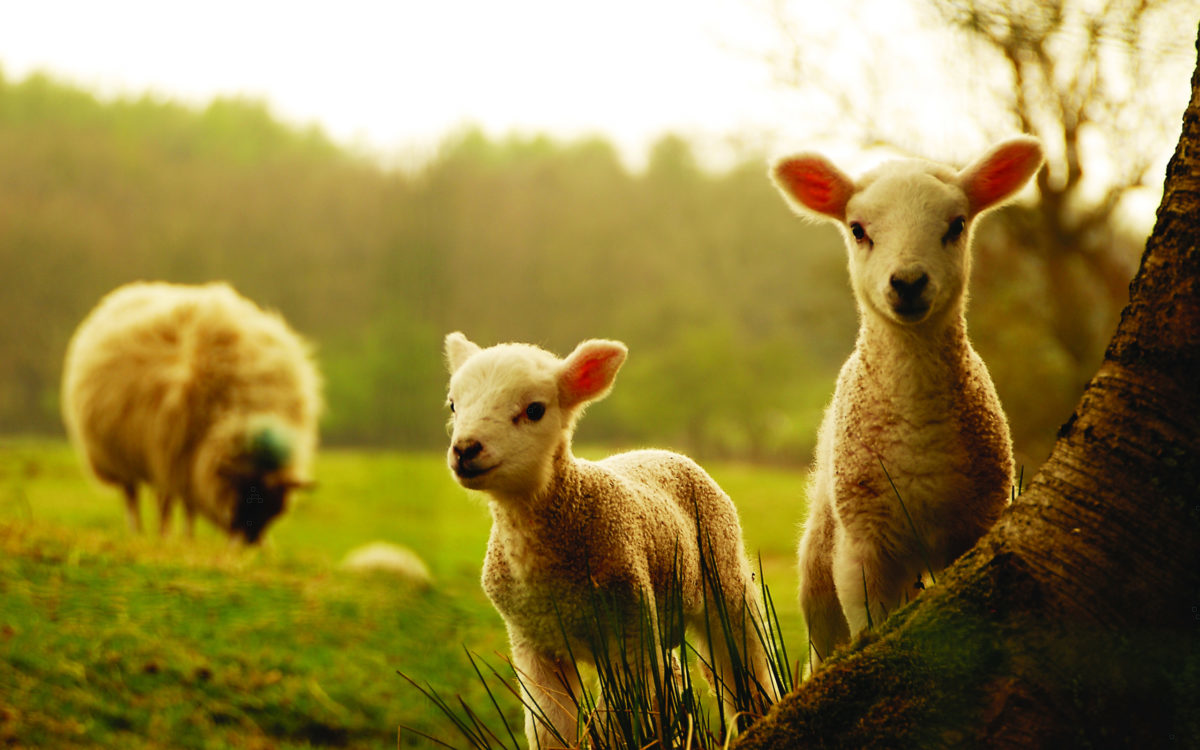Ten years ago, on a crisp morning in Turkey, a strange thing happened. A single sheep walked over the edge of a cliff. And then another sheep followed him right over the edge. And another. And then 1,500 more sheep followed. Fortunately, a little over a thousand them were lucky enough to land on a pile of wool and walk away, but more than 400 sheep died that day.
We humans would like to think we’ve evolved past this ‘herd mentality’, but recent research disagrees. In fact, social media may be making us more like sheep than we’ve ever been. Scientists have a name for the problem – Social Influence Bias. Simply put, when we are asked to express our views through online votes and polls and surveys, we are all deeply influenced by the opinions of those who come before us.
We see these effects all across the internet. From Amazon and Netflix, to Facebook and Reddit, people are asked to give their opinions by clicking on stars, likes, up-votes, and thumbs-ups. The process is called “sequential polling” and we use the results to guide our decisions on what books to buy, movies to see, restaurants to visit, even what candidates to vote for.
But do these online Polls reflect our opinions…or drive them? Research shows sequential polls are highly flawed, often amplifying random noise rather than teasing out true opinions. Just like when a single sheep gets startled and jumps off a cliff, causing the rest to follow – when one person gives a book five stars, almost everyone who follows is impacted.
Reddit provides a striking example of this bias. According to a study at the Hebrew University of Jerusalem, a single upvote at the beginning of a reddit post’s lifespan can boost the likelihood of future positive ratings by 32% and affects the overall outcome by 25%.
What’s the lesson? Using the Internet to tap into the wisdom of a group can be remarkable, but if we don’t use the technology correctly, we are no better than sheep. And that’s dangerous whether you’re standing on the edge of a cliff, or trying to elect a President.
Is there a better way?
Researchers are looking past Polling to a new process called Swarm Intelligence where everyone responds together, in real-time. This eliminates social influence bias, allowing groups to express their true opinions. And that’s just the start – swarms evoke optimal answers.
Here is a quick clip of 50 people thinking together as a real-time swarm. It was captured by an online swarming platform after this week’s GOP debate. When swarming, every user helps to answer questions using a tiny magnet to guide the motion of a glass puck. The thing is, nobody is in control of the puck – everyone is – at the exact same time…
What you’ll notice is that a swarm is not a poll, but a negotiation. As a result, these users are not behaving as a herd of sheep, but an intelligent system. By thinking together they are expressing a Collective Wisdom that exceeds the individuals who comprise it.
Unlike polls, swarms don’t give ‘group-think’. Just the opposite. Whereas a poll would have showed that Ben Carson won the debate due to his support in the first second of the replay, the “swarm” quickly reconsidered that opinion and built consensus around Marco Rubio. If this were a poll, that initial spike of support for Carson would have snowballed into a landslide that, oddly enough, would not have represented the true wisdom of this group.
Want to try swarming? The developers are now inviting BETA USERS into the system to try it for themselves. You can sign up here.

*Human Swarming is enabled by the UNU online platform at http://unu.ai

